Document_GEM: Frontier Technology Issues
Frontier Technology Issues
6 July 2023
The inevitability of preparing for a future with an older population adds to the urgency with which countries need to improve how they prepare young people for the jobs of today and the future. Without a large boost in labour productivity, the potential economic benefits due to an influx of young workers will remain unrealized at the scale needed for such a future.
17 November 2021
To address the existing barriers to the adoption of these technologies, it is important to invest in digital literacy in rural areas, establish a new generation of agricultural extension services, make digital platforms user-friendly for smallholder farmers and build up infrastructure for agricultural e-commerce.
8 July 2021
Policies that aim at facilitating the uptake of the lithium-ion battery without compromising environmental impacts should create incentives at various stages of the battery value chain, including the closed-loop recycling system.
5 November 2020
This Frontier Technology Issue shows how many countries are using technologies in response to the pandemic, to create decent work, improve health services and outcomes, and promote education and learning.
18 February 2020
While a decade of rapid expansion of the sharing economy increasingly enable better utilization of assets, it shows little signs of delivering fair and equitable welfare gains for all participants in the sharing economy. Instead it has generated unchecked externalities and unintended consequences.
26 September 2019
The severity of plastic pollution is now well-recognized, and countries and communities are looking for innovative solutions for addressing this menace of the modern age.
15 May 2019
Genetic technologies—the ability to manipulate and transform the properties of cells, seeds, microbes, insects, plants, animals and even humans—are pushing the frontiers of science and offers us new hope for disease control and cure. Genetic technologies are changing the way we produce food, improving crop yield and preventing catastrophic losses from droughts, floods and pests.
31 January 2019
Data is shaping the future of humanity. The production, distribution and consumption of digital data-the data economy-are driving rapid advances in machine learning, artificial intelligence and automation. Individuals and businesses are using data to reduce search and transaction costs and make informed choices.
3 April 2018
Access to knowledge and technology have contributed to solutions for environmental, social, and economic problems. From opening new options for renewable energy, to revolutionizing the delivery of government services, improving health care, and creating new jobs, technology impacts almost everyone’s lives.


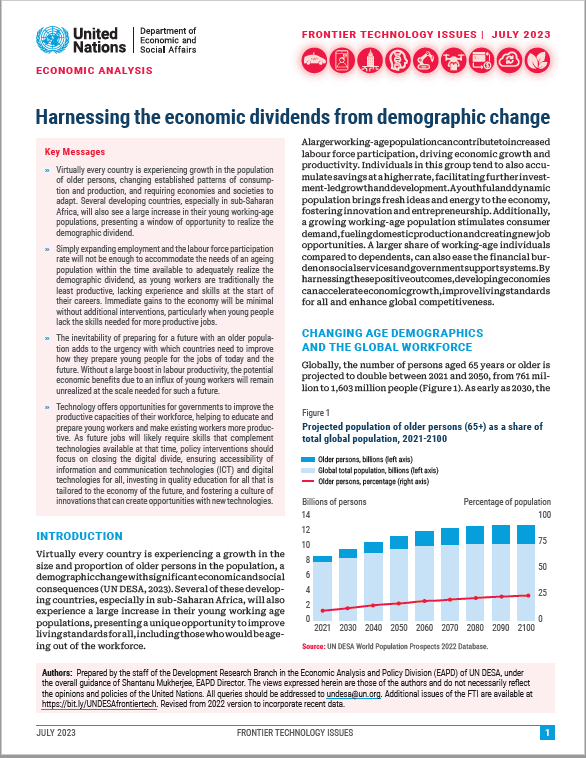

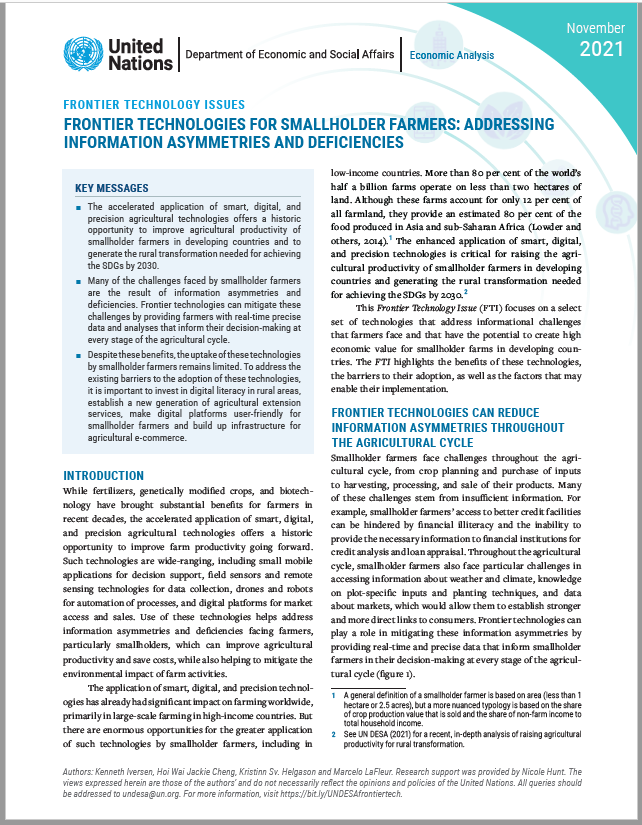

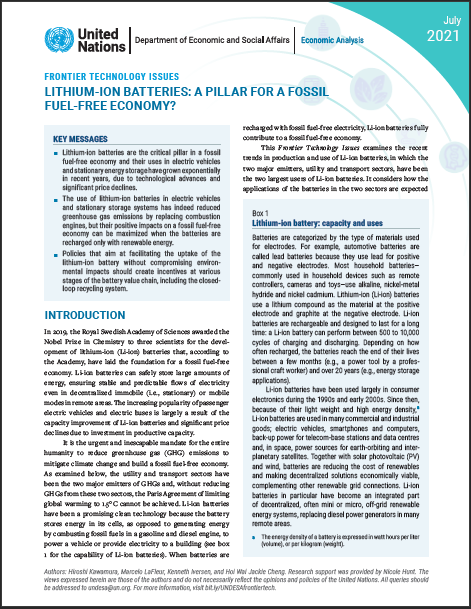



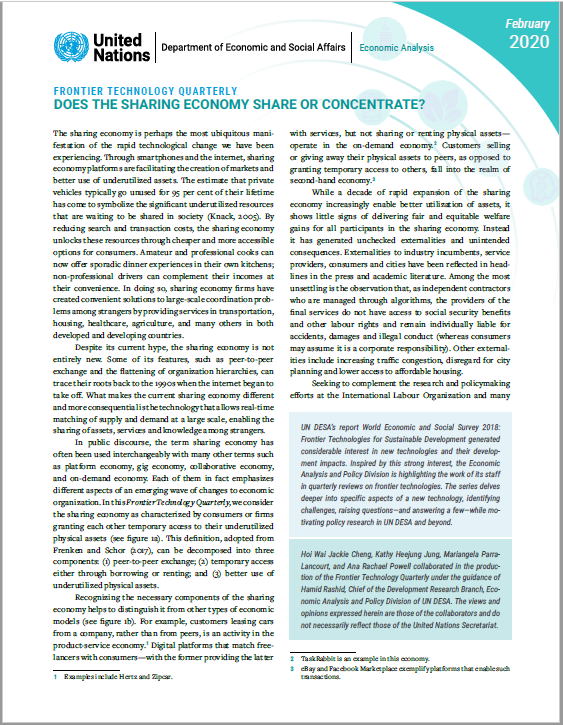






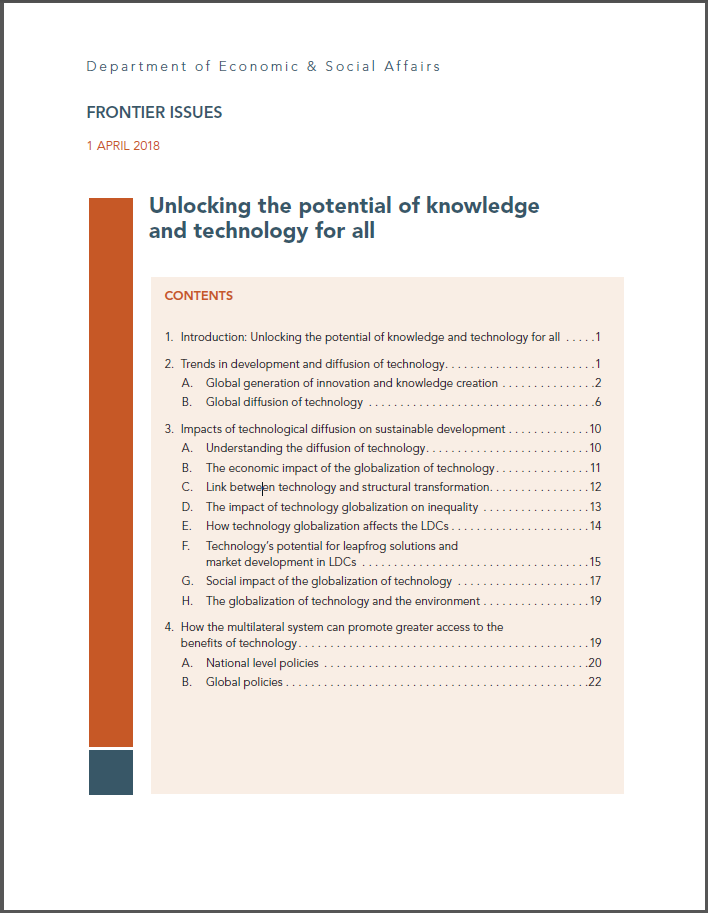
Follow Us